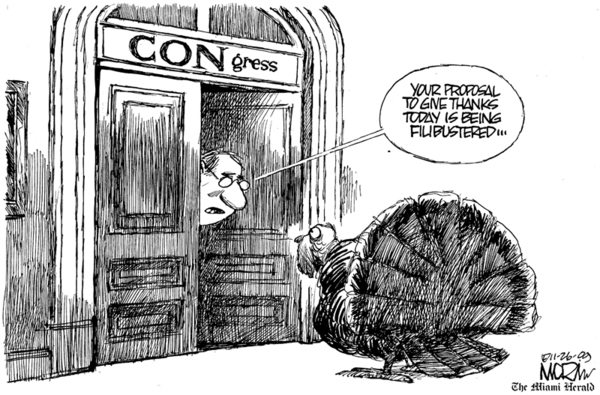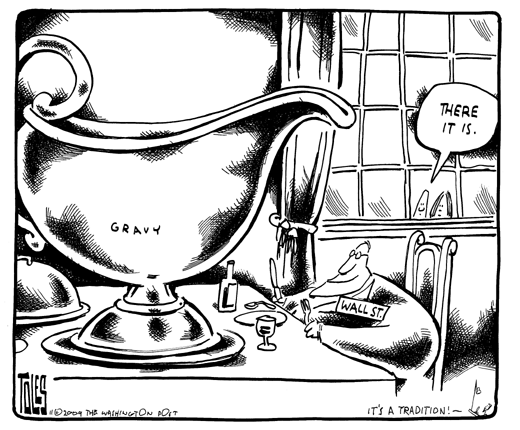Dear Professors David K. Levine and Michele Boldrin,
I agree with much of what you say in your Christian Science Monitor article
*The patent system: End it, don't mend it*. I disagree with the implicit
argument that the purpose of a patent for an innovation in an invention is
given for the purpose of giving a reward for the innovation. The purpose is
to reward the disclosure of innovations that otherwise would remain
undisclosed.
One of the earliest if not the first software patent was for the "setuid
bit." Was this patent necessary for disclosure? I do not think so since the
function was necessary to disclose for proper use of the UNIX system. I also
believe that most patents do not disclose innovation that would otherwise
remain undisclosed for a long period of time. Disclosure of innovations that
would not otherwise be disclosed does further innovation.
While your article focuses on patents you mention copyrights. Copyrights are
are difficult problem. Why is the "Mickey Mouse" copyright so long? I
believe that artists should have copyrights, but the length of time should
be short, say on the order of ten years. I also believe that some
copyrights, such as those for user interfaces, should not be granted.
Imagine if someone received a copyright for drawing equally space straight
lines on a sheet of paper.
Keep up the good work and writing about it,
Larry Welsch
Here is some pricing information for an ebook that may be of interest
Charles Darwin's A Naturalist's Voyage Round the World may be purchased in mobipocket format on the mobipocket website for $47.99
link here
Or you may "purchase" it in the same format from Gutenberg for $0.00
link here
By the way: the work is not under copyright.
(via John Bennett) An
article in the New York Times about the patent reform act before Congress. It is held up in a dispute over whether the owner of a patent of a small piece of a product gets to hold up the entire product for blackmail. Not that you would think eliminating this type of blackmail would be controversial...You know, if even the Commerce Secretary realizes the system is broken it probably is. Still Pozen has a point - while it would be best to eliminate the entire awful system, the trivial reforms that are proposed will be a mild improvement. The main problem I suppose, is that the improvement will only be mild, and everyone will be busy congratulating themselves about how they fixed it.

For $100 I could license a copy for this website but only for 12 months. So I'm linking to the image instead.
I heard about this first from Richard Corsale who directs us to
this article about the ACTA. The highlights? Three strikes and you are out...the music companies would get to shut down anybody for any reason...The entire "negotiation" - read big media wish list - taking place under the guise of "secrecy for national security."
Yet in Europe we have this - an internet users rights bill that explicitly rejects three strikes and you are out. I'll take this as a reliable summary of the situation
Christian Engstrom, a lawmaker from Sweden's Pirate Party, said the revised bill was somewhat of a victory for file-sharers, but warned that the EU assembly would have to keep a close eye on member states that want to cut off Internet users for online pirating.
The bottom line: the weasels continue to weasel and every time they come into the light we have to whack them again.








